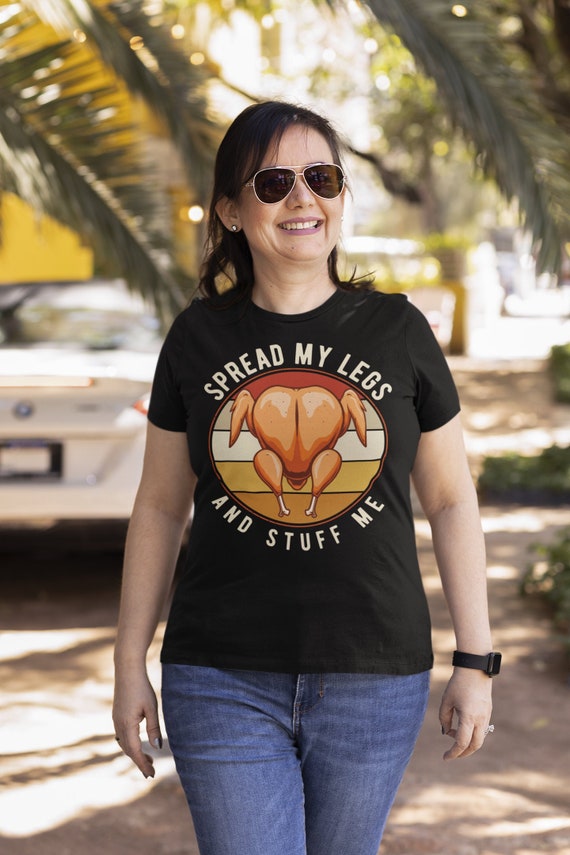A Comprehensive Guide to What Not to Wear
Fashion is a form of self-expression that can significantly impact how we feel about ourselves and how others perceive us. However, not all clothing choices are created equal. Some outfits can be inappropriate, offensive, or simply unflattering. This article aims to provide a comprehensive guide on what not to wear in various situations to ensure you make the best impression possible.
Casual Wear
When dressing casually, it’s essential to strike a balance between comfort and style. Avoid overly baggy or tight clothing, as these can make you look unkempt or uncomfortable. Additionally, steer clear of clothing with offensive slogans or images, as these can alienate others and reflect poorly on your character.

Instead, opt for well-fitting clothes in neutral colors that can be easily mixed and matched. Accessories like hats, scarves, and jewelry can add a personal touch to your outfit without being too flashy. Remember, the key to casual wear is to look put-together and approachable.
Formal Events
Formal events require a more polished and sophisticated attire. Men should wear suits or tuxedos, while women can choose from elegant dresses or pant suits. It’s crucial to avoid overly revealing or provocative clothing, as this can be seen as disrespectful and unprofessional.

Pay attention to the dress code specified for the event, and ensure your outfit adheres to it. For example, if it’s a black-tie event, a dark suit or a long gown would be appropriate. Additionally, proper grooming and hygiene are essential to complete your formal look.
Workplace Attire
The workplace is a professional environment where your clothing choices should reflect your commitment to your job and your respect for your colleagues. Avoid wearing anything too casual, such as jeans, t-shirts, or sneakers, unless the dress code is explicitly casual.

Instead, opt for business casual attire, which includes dress pants or skirts, blouses or button-down shirts, and closed-toe shoes. It’s also important to avoid clothing with loud patterns or bright colors, as these can be distracting in a professional setting.
Athletic Wear
When participating in sports or other physical activities, it’s important to wear appropriate athletic wear that allows for freedom of movement and comfort. Avoid wearing street clothes or formal attire, as these can restrict your movements and potentially lead to injury.

Choose clothing made from moisture-wicking materials that can keep you dry and comfortable during physical activity. Athletic shoes should provide adequate support and cushioning to protect your feet and joints. Remember, the goal of athletic wear is to enhance your performance and comfort, not to make a fashion statement.
Conclusion
In conclusion, understanding what not to wear in various situations is crucial for making a positive impression and maintaining a professional image. By avoiding inappropriate, offensive, or unflattering clothing, you can ensure that your attire is always appropriate and enhances your personal brand.







